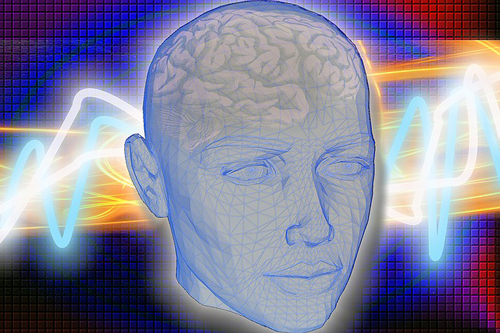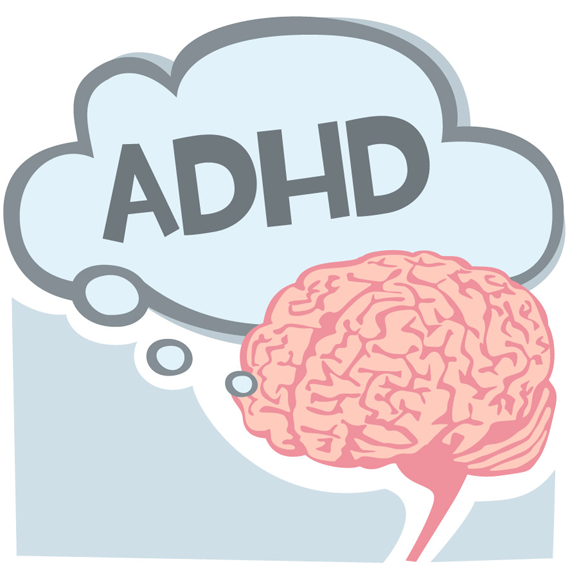Why Psychiatry needs CESby Jason Worchel, M.D. Jason Worchel, M.D. is a noted psychiatrist and Director of the Hilo Mental Health Center in Hilo, HI. The following posts are taken from a paper written by Dr. Worchel in his testimony before the F.D.A. concerning the...
CES Ultra Blog

A View from the Trenches: Why Psychiatry Needs CES – Part 2
Anxiety There are many non-pharmacologic interventions for reducing anxiety. Some of these include dietary supplements, acupuncture, meditation, yoga, and exercise. These interventions, however, are not employed by a large segment of society which suffers from...
Why Psychiatry Needs CES
The Prime Directive – Do No Harm The primary duty to patients should be to “do no harm”. Avoiding harm typically results in an approach that follows a spectrum of interventions beginning with treatments that pose the least risk of adverse side effects. The harm...
Surprising Uses for Electromagnetic Pulse Therapy
from motherearthnews.com By administering energy in controlled, coherent pulses, physicians can use electromagnetic pulse therapy to treat wounds, chronic pain, and alcoholism. While research supports the benefits of this type of therapy when performed by professional...

Electrical Stimulation Instead of Pills
Medications affect levels of neurotransmitters, or chemicals such as serotonin, norepinephrine or dopamine, naturally present in the brain (within or between nerve cells) known to affect how we feel, think and act. Electrical stimulation and magnetic fields induce...

CES vs. Drugs for the Treatment of ADHD
A number of studies have been conducted that show a modest connection between childhood ADHD and risk for later substance abuse (Biederman et al., 2006; Lambert & Hartsough, 1998; Mannuzza et al., 1991; Molina, Flory et al., 2007; Molina, Pelham et al.,...
Microcurrent Electrical Therapy and Cranial Electrotherapy Stimulation for Pain Control
Kulkarni, Arun D. and Smith, Ray B. The Use of Microcurrent Electrical Therapy and Cranial Electrotherapy Stimulation in Pain Control. Clinical Practice of Alternative Medicine. 2(2):99-102, 20-1. This open clinical study, conducted by Dr. Kulkarni, an...
Is CES Ultra Safe?
CES has an excellent safety record. Published literature in the U.S. and abroad, reports virtually no negative side effects or major contraindications from its use. The National Research Council has deemed CES to be "a non-significant risk modality." Because the only...
CES Ultra as a Modern “Electrosleep” Device
Cranial Electrotherapy Stimulation (CES) is the American FDA’s term for what the rest of the world calls “electrosleep.” Modern electrosleep devices originated in Russia in 1953, and arrived in the U.S. ten years later, in 1963,...
The Role of CES in Fighting Inflammation – Part 1
The inflammation process is known to be at the heart of medical problems that occur throughout the body, such as heart disease, stroke, Alzheimer’s, diabetes, rheumatoid arthritis, multiple sclerosis, sinusitis, bronchitis, prostatitis, ulcerative colitis, and all...
